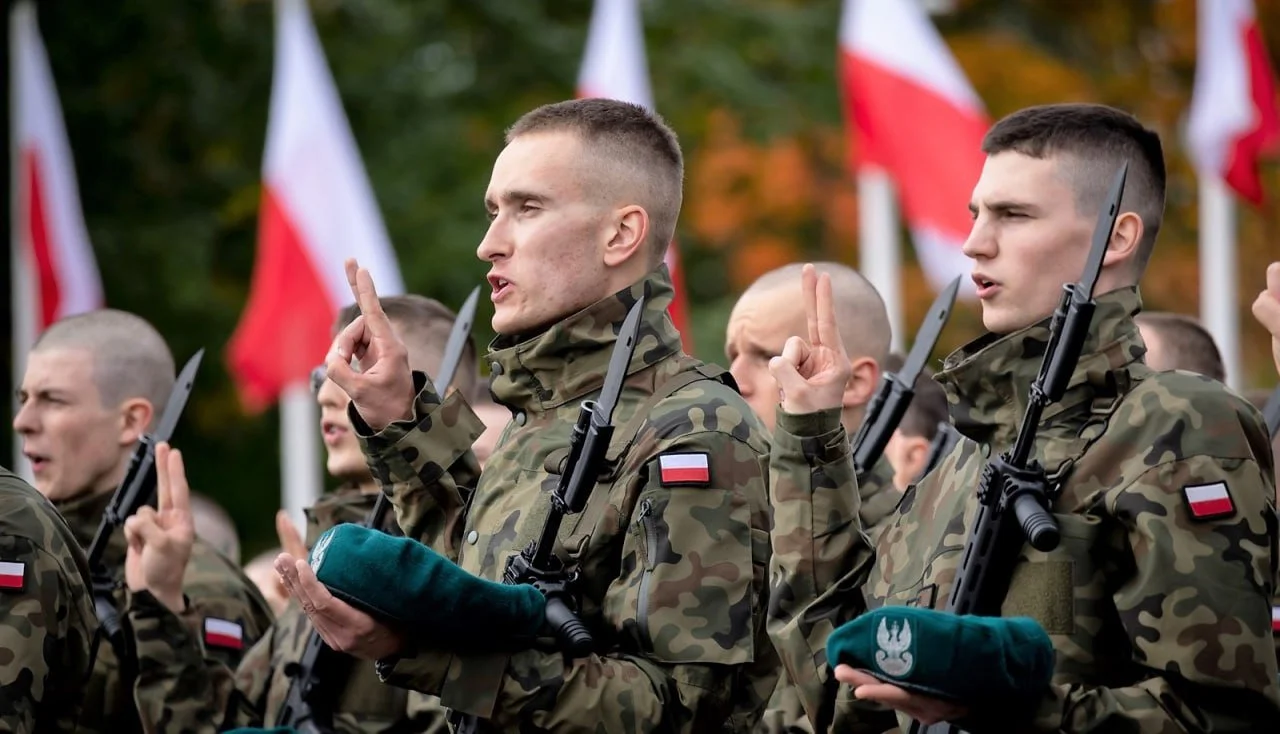Fragile Frontiers: Polish Border Militarization, Far-Right Vigilantism, and the Future of Schengen
Executive Summary
Poland is reinforcing its western and northeastern borders with soldiers and border checks in response to escalating tensions with Germany and Lithuania over migration flows and deportations. Simultaneously, far-right vigilante patrols have emerged along the German border, triggering a volatile political clash within Poland’s centrist coalition. The militarization of borders and symbolic tit-for-tat restrictions further erode the Schengen system, while humanitarian conditions deteriorate at the Belarusian frontier.
Strategic Analysis
Poland’s decision to deploy up to 5,000 soldiers and reintroduce temporary border controls with Germany and Lithuania marks a critical escalation in the region’s border management strategy. Ostensibly a response to increased pushbacks of migrants from Germany—over 11,000 since January 2024—this move is also a calculated political maneuver by Prime Minister Donald Tusk to counter domestic right-wing pressure and project authority following his coalition’s electoral setback.
The situation is exacerbated by the emergence of far-right civilian patrols near the German border, composed of masked individuals conducting illegal identity checks and attempting citizen arrests. While Tusk has denounced them as “militias” and warned of legal consequences, President-elect Karol Nawrocki has tacitly endorsed them, praising the “citizen-led defense of the border.” This divergence between executive leadership and the presidency reveals deep fissures within Poland’s political landscape and highlights the growing normalization of extra-legal paramilitary activity under nationalist narratives.
The temporary reintroduction of 30-day border checks—set to begin July 7—includes 52 sites on the German border and 13 on the Lithuanian border. These controls undermine the core principles of the Schengen Agreement and symbolize broader EU failures to coordinate asylum and migration policy. Germany, under Chancellor Friedrich Merz, has itself maintained border checks since October 2023, responding to right-wing pressure and a perceived surge in irregular migration. While Polish officials insist their measures are reciprocal, they compound existing traffic disruptions and have prompted regional officials in Brandenburg and Lubusz to call for joint German-Polish checks to mitigate economic impact.
At Poland’s northeastern border with Belarus and Lithuania, humanitarian conditions are deteriorating as migrants—many funneled by Russian and Belarusian hybrid warfare strategies—suffer injuries, exposure, and violence. Activist groups such as Grupa Granica document cases of beatings, pushbacks, and injuries from climbing border fences. NGOs face legal harassment and criminalization, while Polish asylum policy has effectively been suspended in the region since March. The militarized environment now includes Poland’s Territorial Defense Forces and Air Force conducting drone reconnaissance, suggesting a growing securitization of all border zones, not just those facing the EU’s external frontier.
This unfolding crisis has several implications: First, the public legitimization of vigilante groups risks long-term erosion of state monopoly on force. Second, tit-for-tat border controls degrade the viability of Schengen and enable populist actors across Europe to normalize emergency measures. Third, Poland’s internal coalition tensions—with junior partners reportedly in private talks with opposition figures—signal a weakening centrist front, making further rightward shifts in policy likely. Lastly, the situation illustrates the limits of EU migration frameworks under Dublin and Schengen rules, as states unilaterally impose controls for domestic political gain.
The humanitarian costs are already manifesting. As the EU struggles to modernize its migration management system, individual nations like Poland and Germany are falling into a cycle of blame and reaction, pushing vulnerable populations into increasingly desperate conditions, and allowing political actors to capitalize on fear for short-term gains.


